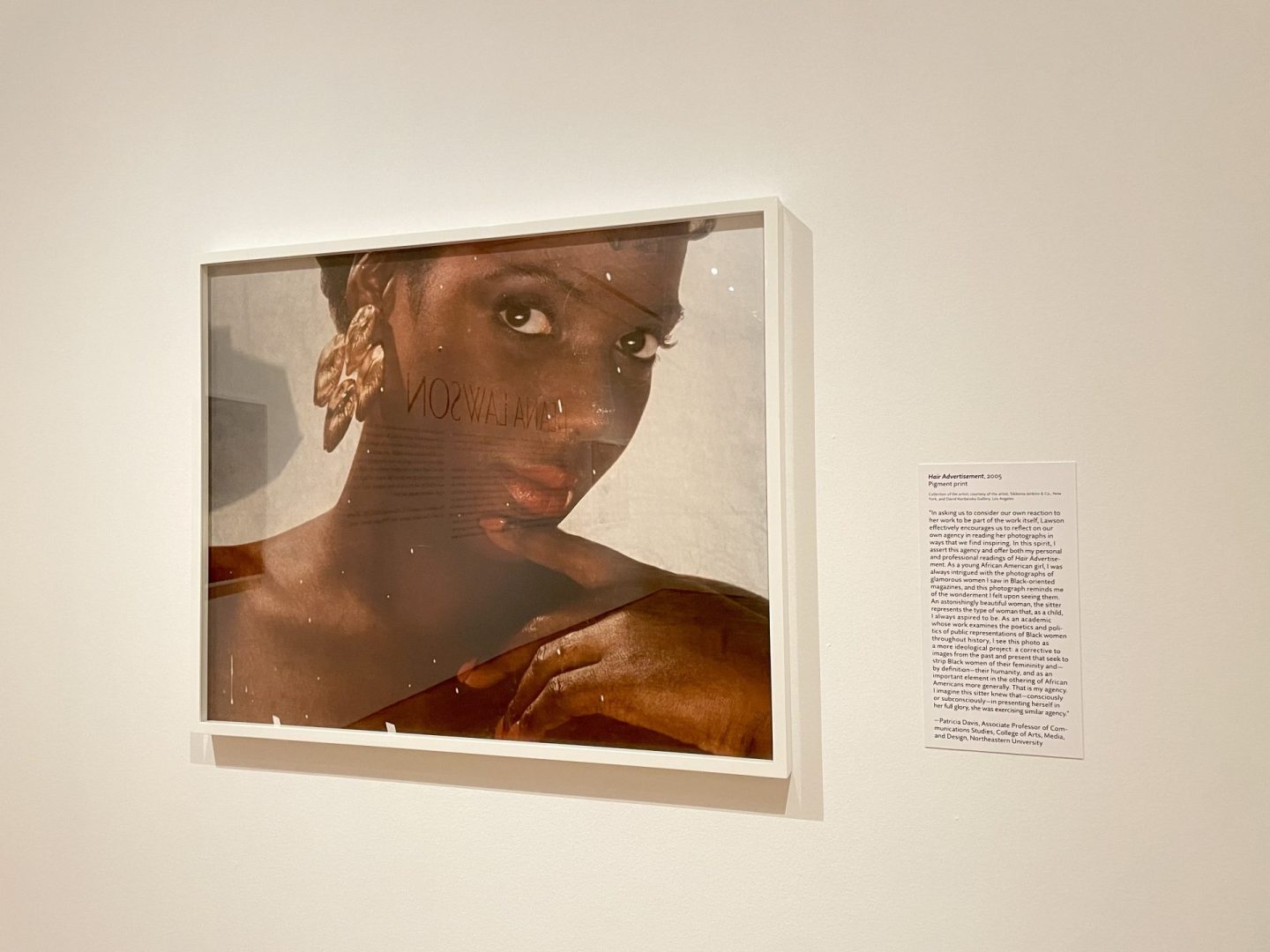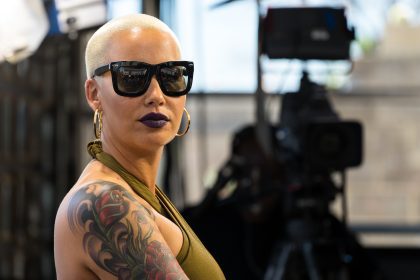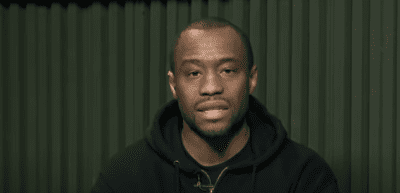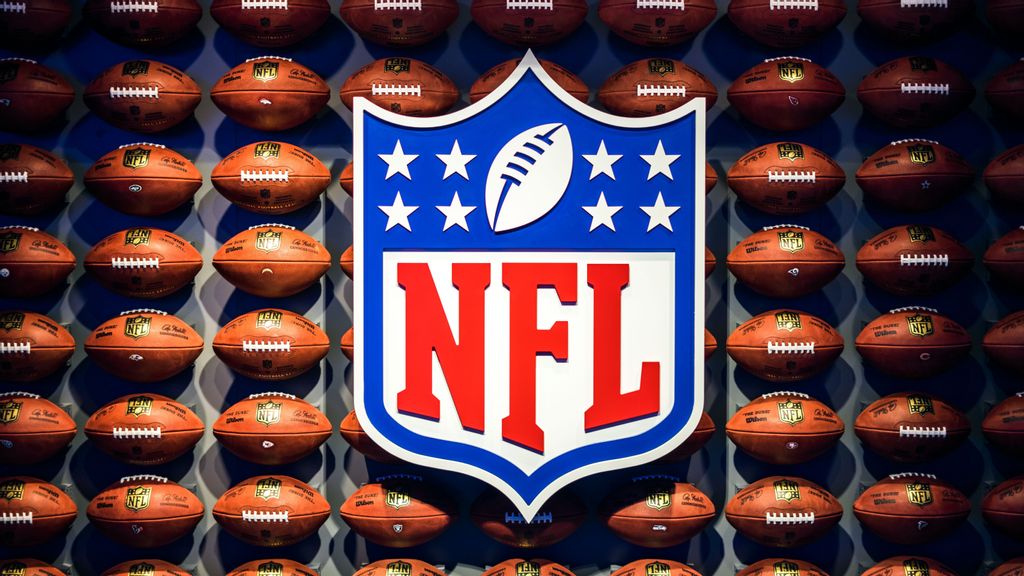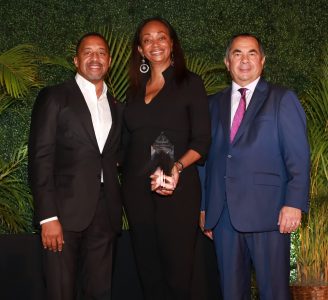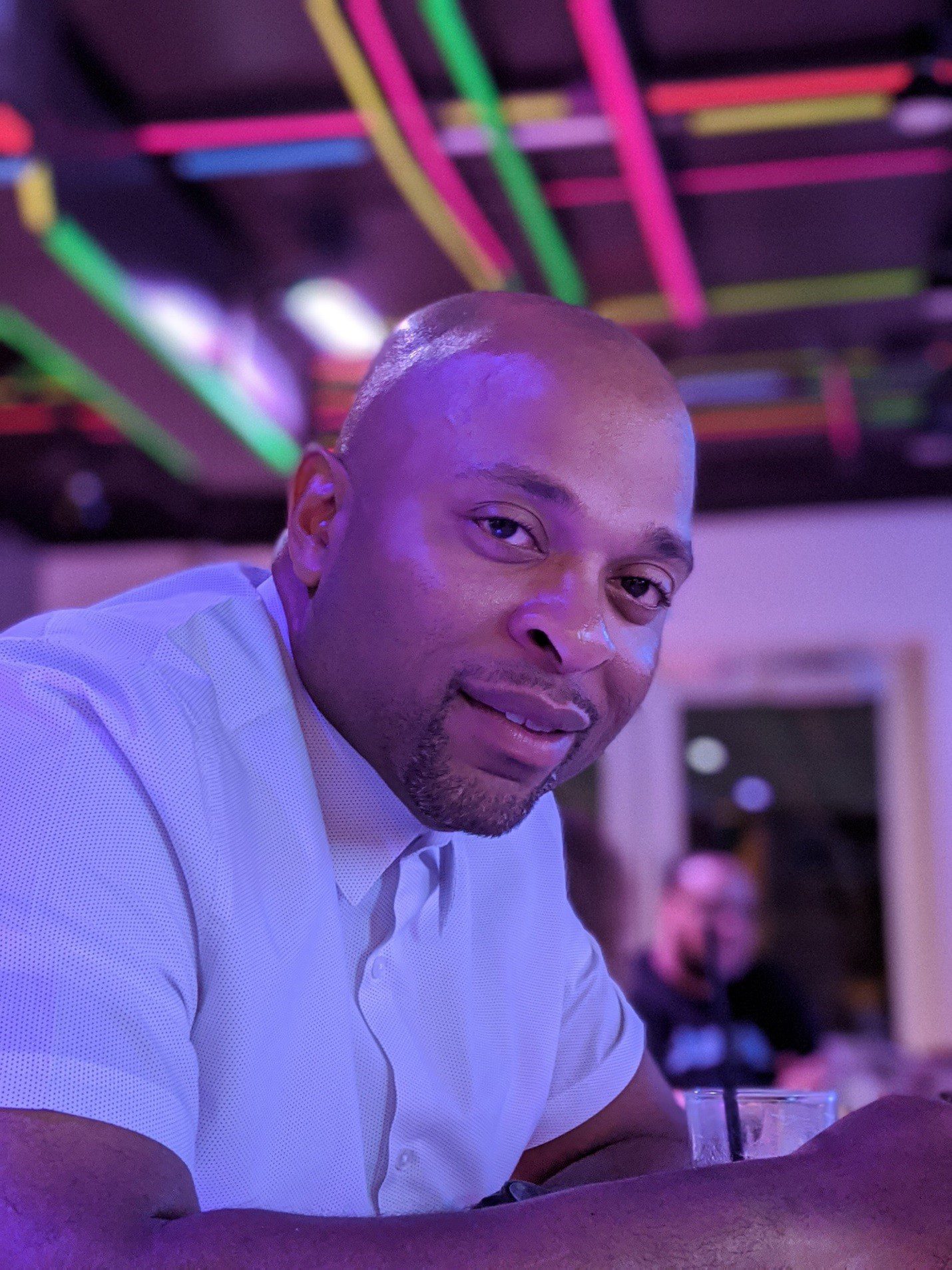
Novelist and journalist Kathleen Cross is comfortable with who she is as the product of a biracial marriage, but she is absolutely repulsed by that undying monstrosity of a social norm says her light-skin accords her advantages in society over her darker-hued contemporaries. Uttering ignorant phrases such as “good hair” and “red-bone” and “she’s pretty because she’s light-skinned” is tantamount to giving off a bad odor in Cross’ presence. She detests it like a sickness.
She finds all shades if humanity worthy of admiration and celebration and hates it tremendously that many others still cannot — or will not.
It’s mostly what compelled the Los Angeles native and advocate of humanity to give voice to the centuries-old obsession with melanin with her novel, Skin Deep (www.kathleencross.com), as a way to “explore that relationship between dark- and light-skinned Black women and to heal some of the injuries we’ve experienced along the way.”

The highly-engrossing and entertaining novel was also a way for Cross to eloquently articulate and therapeutically express her frustration and angst with this perplexing dilemma that refuses to die. Cross is vexed by the “white supremacist construct” that, in some ways, continues to reward blacks and minorities who are lighter hued and, simultaneously, punishes those who are not.
Cross, who is the product of an Irish and English mother and African American father, shares some of her experiences and perspective on what icons W.E.B. DuBois and Malcolm X called one of America’s greatest and longest-lasting problems: the problem of the color line.
What are your combined ethnicities?
My mother is Irish and English.
My father’s last name is Kelly, which is Irish, but his surname came from his people being enslaved on a Kelly plantation in South Carolina. He always told me he was 1/4 Cherokee, but I’m a pretty thorough genealogy geek, and I’ve yet to find evidence of that. I found evidence of a white slave owner who impregnated his “Negro girl, Charlotte” (my dads great-great-grandmother). So there is some European there, too.
What were the advantages and challenges of growing up biracial?
I grew up in the black community where the main advantage of being “biracial” is that you receive unearned privileges for not looking all the way African. In black American culture “African” “black” and “nappy” are rarely used as compliments, but if you have lighter skin and wavier hair you receive compliments all day long for the way you look. Of course, the flip side of that is you might be persecuted for the way you look as well. I was teased, but i was never physically hurt by anyone. I cannot stress enough how much I hate the stereotype that black women are bitter against mixed women. I hate that stereotype because black women in the community loved and nurtured me and influenced me intellectually and spiritually and have filled my heart more than any women in my life. So when I am the target of a sister’s anger because of the privileges she knows I’ve received from looking mixed, I try to recognize where it comes from. I don’t think it has anything to do with jealousy. I think some sistas are (justifiably) angry at a white supremacist construct that renders me supposedly more desirable. So, sometimes I get to be the recipient of that anger. But to tell the truth, even if I’m met with a “Who does she think she is?” vibe, once I’ve had a chance to interact one-on-one, once it’s clear that I don’t think I’m “better than,” within minutes we’re cool. We’re just sisters with different experiences.
The main reason I wrote my novel Skin Deep was to explore that relationship between dark and light skinned Black women and to heal some of the injuries we’ve experienced along the way. I’ve received so much mail from both black and “biracial” women thanking me for writing that book.
How do your feelings about multiracialism and biculturalism differ from when you were a child?
When I was a little girl I really thought it was a complement to be told, “You’re the best of both worlds.” I heard that alot. The idea was that when you mix the “races” you get something better. You get something more beautiful. You get something more special to celebrate. When I was very young, I did celebrate that. I thought that being “mixed” made me special. But when I was 8 years old, my mother joined the Baha’i Faith, and a fundamental principal of Baha’i is that humanity is one. Not just that all humans are equal, but that we are all one creation. Once I fully explored and digested that concept of our interconnectedness as one creation, that ideal just took on a whole new life inside of me. So, I had to rethink that whole “best of both” thing. I knew in my heart God didn’t create me superior to anyone, and I became fiesty about it. Someone would say “You’re the best…” and I’d snap, “So you’re telling me the fact that my Black father and my White mother got together makes me superior to the baby two Nigerians have together? Or two Scandinavians?” I think not.
I was raised in a community of elders who taught me that the diverse “wrappers” our souls wear in this earthly life are each and all beautiful and worthy of admiration and respect. I believe a day will come (far in the future, unfortunately) when people will be absolutely astonished that anyone ever had to ask another human being to be “colorblind”. (That’s as absurd as telling a visitor to a stunningly beautiful and diverse garden to ignore the differences in the flowers growing there).
I embrace, and honor my ancestors, white and black, but I am very suspicious of the “multicultural movement” and I hate the slogan “Love See No Color.” Unfortunately, I’ve found that many mixed people I converse with are so subliminally influenced by white supremacy that they don’t even realize they’re “celebration” of being mixed is often a subconscious relief that they aren’t “fully black.” There is still a premium placed on straighter hair and lighter skin in black American culture, and mixed folks, especially women, receive unearned priveleges because of it. But, the problem with privilege is that for it to exist, someone has to be on the bottom. Someone has to be the “have not” for you to be the “have.” While mixed women are flaunting their so called “superior beauty” someone is paying the price. In my opinion, little black girls with darker brown skin and kinkier hair pay the price for the privileges lighter skinned women receive. These little girs are constantly told by society that the image they see in the mirror isn’t (as) pretty. Ask Nikki Minaj why she thinks its okay to tell her little black fans that their nappy heads need a perm?
We humans are all beautiful, expressive, intelligent, innovative and creative. Some day that will be widely accepted truth. Some of us already know this. Most of us suspect it. A few of us hate that idea. Those few will die off, and as they do, it will be up to the rest of us to continue exposing the uninitiated to a broader vision of beauty and justice.
 Cross’ book, Skin Deep, can be acquired on www.kathleencross.com. You can also follow Cross via social media: facebook.com/author.kathleen.cross and twitter.com/’novelistkc
Cross’ book, Skin Deep, can be acquired on www.kathleencross.com. You can also follow Cross via social media: facebook.com/author.kathleen.cross and twitter.com/’novelistkc

